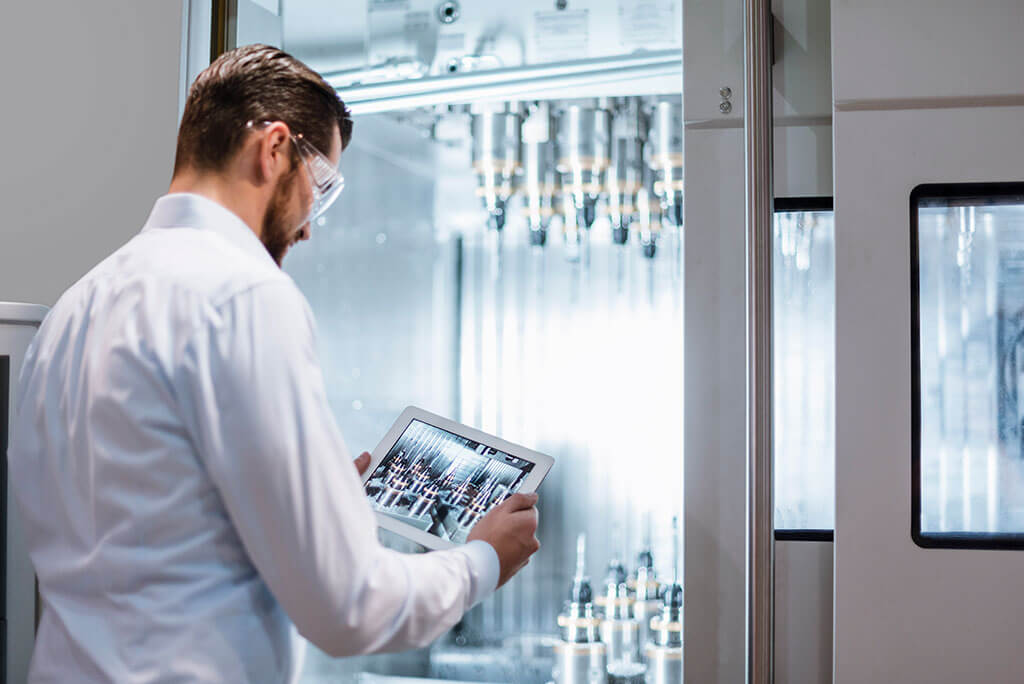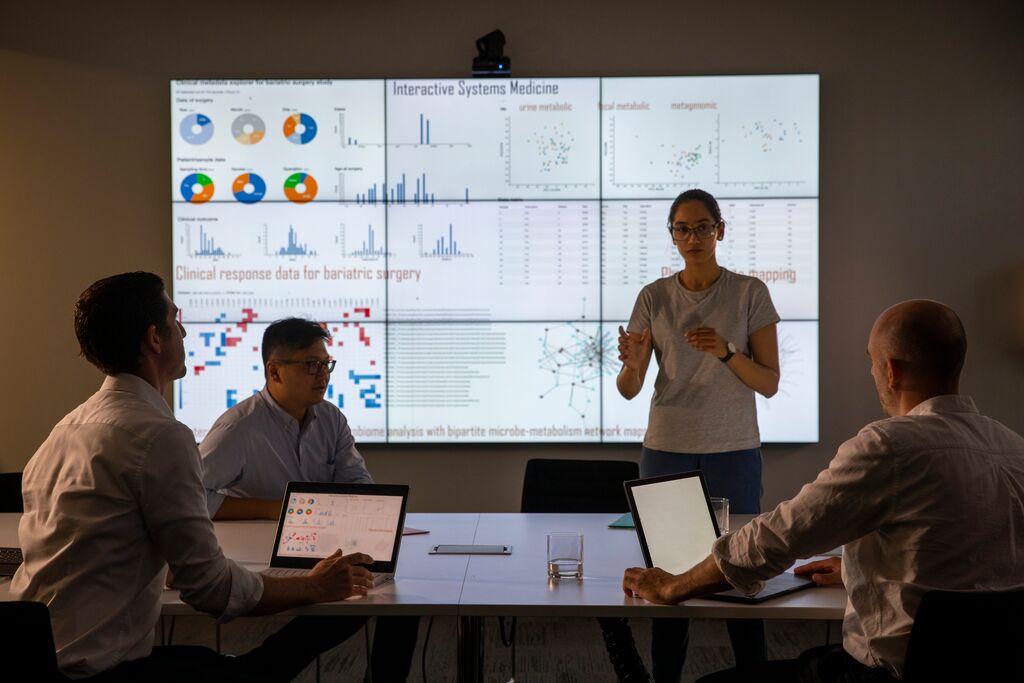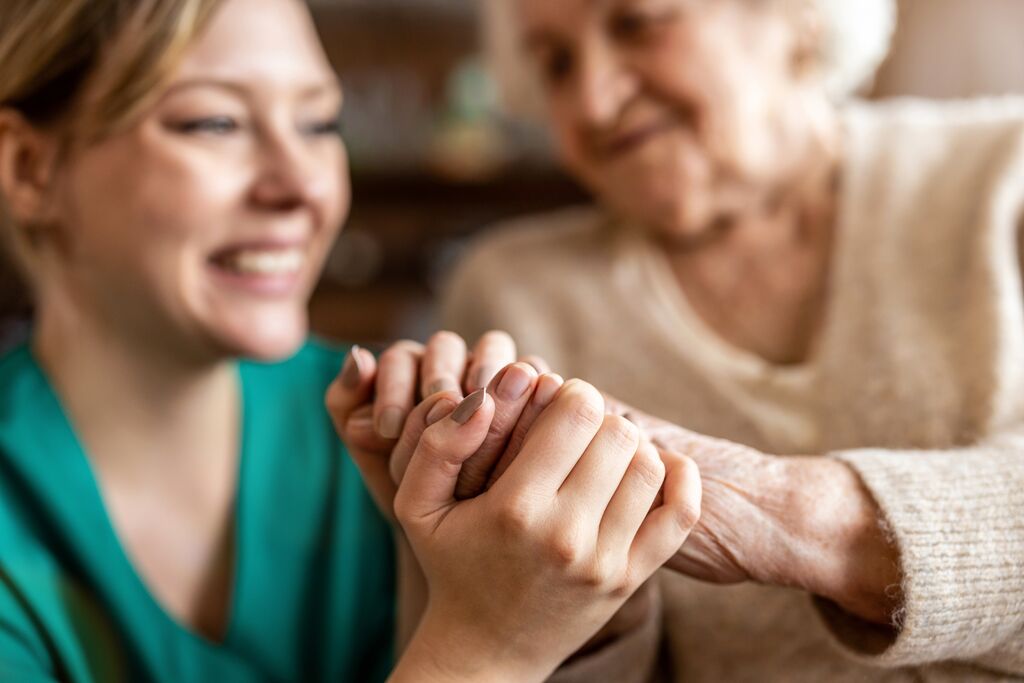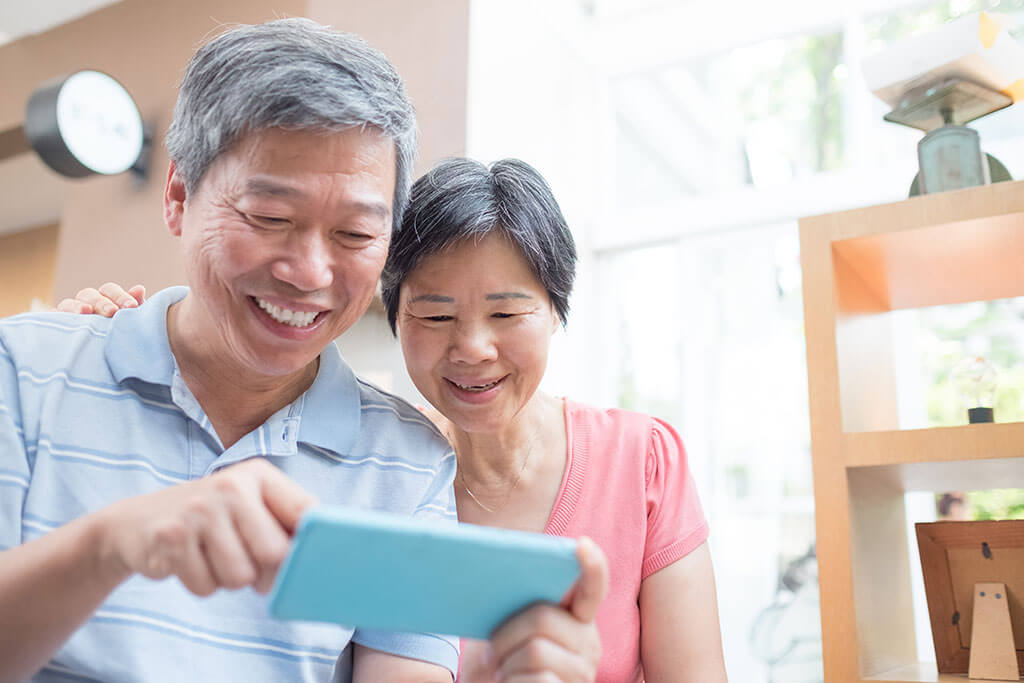The COVID-19 pandemic has re-shaped the consumers’ living, buying, and thinking in many ways. Healthcare companies are required to quickly comprehend and adapt to the consumer behaviour patterns – old, new, emerging, everlasting and temporary – to build customized marketing strategies. Consumer health products that were formerly considered to be essential during the lockdown are no longer so.
The permanent changes brought on by the pandemic and the emerging trends in the new normal can be referred in IQVIA’s latest WellTrack 3 study in 2022. The report discusses the range of consumer health products that consumers believe to be "essential" and reveals how attitudes regarding digital health consultation have changed in the current times.
Interestingly, across Southeast Asia (SEA), we can see a mix of habits – where consumers are engaging in new behaviours while at the same time reverting to old ones. On one hand, digital consultation and e-pharmacy continue to perform better than pre-pandemic, but there is also an increase in personal visits to the drug store and face-to-face consultations at the clinic/hospital. As the pandemic subsides, it is important to understand emerging trends in consumer behaviour in the post-COVID era.
The bigger basket of Consumer Health essentials
In ASEAN, cold and cough medicines have always been considered as essential items throughout different periods. However, with the pandemic, we now see new changes in the Consumer Health basket.
Products such as face masks, pain relievers, and Vitamin C have become essential – a change first felt at the start of the pandemic.
- Singapore is the only market where Vitamin C is a ‘could-have’ item and not an 'essential' item in the new normal.
It is also worth noting that items such as rubbing alcohol, wound disinfectant, bandages and thermometers saw a big promotion to the essential category during COVID but are currently considered as a should-have.
- However, rubbing alcohol/disinfectants continues to be an ‘essential’ item in Thailand and Vietnam.
Adoption of digital consultation
With the relaxation of COVID-19 imposed rules, face-to-face consultation in clinics and hospitals has rebounded and is trending higher than pre-pandemic. At the same time, the digital consultation channels that consumers were forced to adopt during the pandemic remain high, especially chat platforms and consultation apps. Although consumers are more open to teleconsultations compared to pre-pandemic times, they ultimately still prefer to have a personalized consultation at clinics/hospitals.
- Malaysia remains at the top, where 8 in 10 consumers consult doctors face-to-face, even in the new normal.
- Digital consultation app/platforms are stagnant and comparable to the pre-pandemic level, which is a trend that echoes in Thailand as well. For routine consultation, 9% of consumers in Malaysia and 12% of consumers in Thailand use the digital consultation app/platform.
- In Indonesia, Vietnam, Philippines and Singapore, the use of e-consultation is high specifically for routine consultation of chronic ailments, with chat platforms and consultation apps as the most used mode of consultation.
Adoption of e-pharmacy services
For purchasing healthcare products or medicines, about 60% of the consumers in ASEAN prefer to visit the drugstore personally while another one-third proportion of consumers prefer to use a mix of e-pharmacy services in the future. Placing an order with a drugstore through an online/website is the second most preferred channel of purchase.
- Philippines has the highest preference for personal visits to the pharmacy, where 8 in 10 consumers prefer to purchase by personally visiting the drugstore in the future.
- 21% of the consumers in Thailand prefer to use online channels/websites for order placements, which is the highest proportion when compared to the other ASEAN countries.
As the world slowly recovered from the lockdown in the early months of 2022, long-standing habits and behaviours that were upended in peak COVID-19 saw a re-emergence. The pent-up demand for face-to-face services has resulted in increased engagement by consumers from in-person HCP consultations to personal shopping trips to drugstores.
However, it does not mean that digital services and e-consultation have become less relevant. Digital accessibility must be maintained and improved as the consumers expect to retain their adopted digital modes of behaviour in order to be ready to quickly adapt to future changes.
To find out more about the latest WellTrack data and insights across markets, categories and stakeholders, contact us here.
Digital engagement continues to be well-established among HCPs as the industry begins to recover from the pandemic, but does it apply across the SEA region? Click here to read more about the shifts in HCP engagement preferences for each market.






















